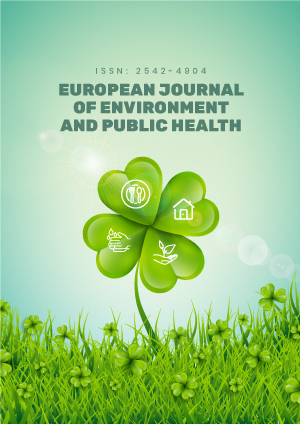Abstract
We often encounter misleading claims, some of which have potential to influence decisions we make in our daily lives. Many people from all walks of life, even the most schooled, fall prey to the traps of misinformation and disinformation. How do such delusions enter our knowledge base and inform our public opinions and actions? I discuss in this editorial article the bases that underlie the issues of misinformation and disinformation that plague current COVID-19 vaccine and vaccination efforts. Such issues have a philosophical base anchored on the information processing theories and psychological base linked to our cognitive tendencies. I reflect in the end on our primary responsibility as teachers in these issues. I conclude that metacognition or a knowledge of our thinking, if we mindfully dare to pursue it, can help stimulate an enlightened perspective to ourselves that, with our vast influence as educators, may illuminate the perspectives of others.
License
This is an open access article distributed under the Creative Commons Attribution License which permits unrestricted use, distribution, and reproduction in any medium, provided the original work is properly cited.
Article Type: Letter to Editor
EUR J ENV PUBLIC HLT, Volume 6, Issue 1, 2022, Article No: em0095
https://doi.org/10.21601/ejeph/11498
Publication date: 03 Jan 2022
Article Views: 3388
Article Downloads: 4127
Open Access References How to cite this article
 Full Text (PDF)
Full Text (PDF)